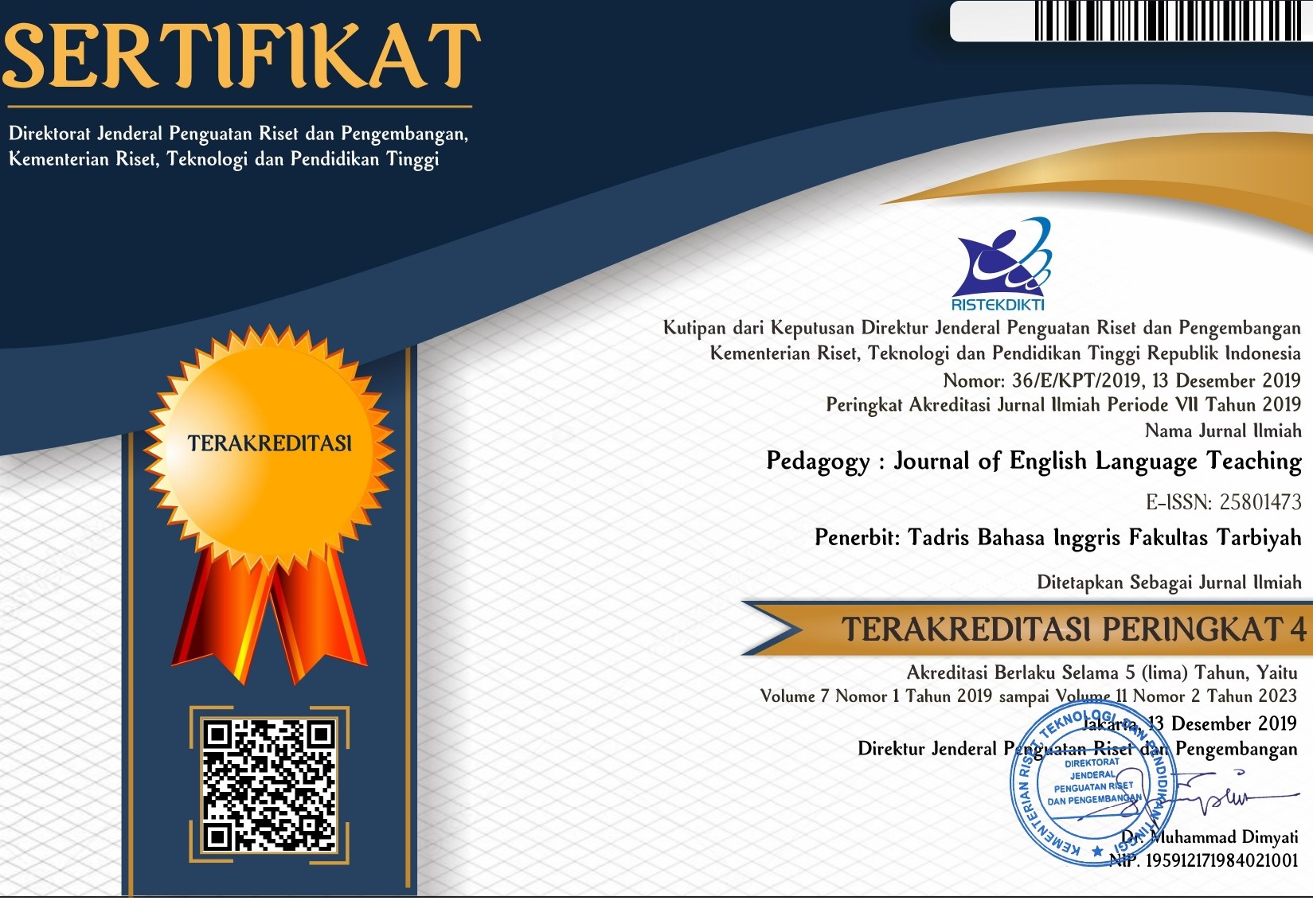EFL Students’ Online Learning Readiness: Performing Out the Basic Functions of Technology
DOI:
https://doi.org/10.32332/joelt.v12i1.3590Keywords:
EFL, learning in the 21st century, motivation, technology readiness in EFL learning, online learning readinessAbstract
This study aimed at investigating the 12th-grade students’ online learning readiness in utilizing basic technological functions in their English teaching and learning process. An explanatory sequential mixed-method design was employed, surveying 233 students from Hospitality and Culinary classes at a senior vocational high school in South Bali through a questionnaire. Interviews were further conducted via personal messages with two highest readiness level students and two lowest readiness levels to comprehensively study readiness. The questionnaire result indicated that students are prepared to use basic functions of technology for online learning, with a few necessary improvements. Interview findings revealed that highly prepared students are more motivated to engage in online learning, whereas less prepared students are more demotivated due to factors like online learning support, familiarity with tools, and supporting facilities. It is suggested to actively support the less-ready students with highly engaged learning activities, pedagogically empowered teachers, and supportive policies and facilities.
















